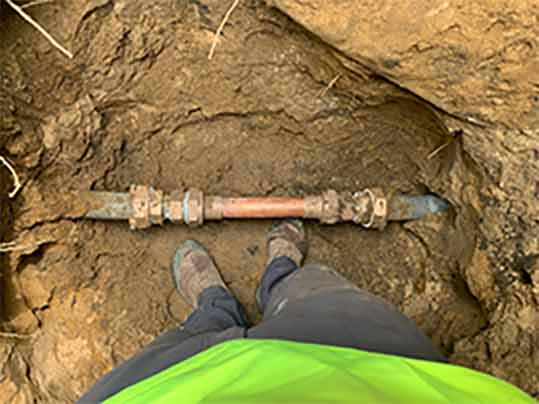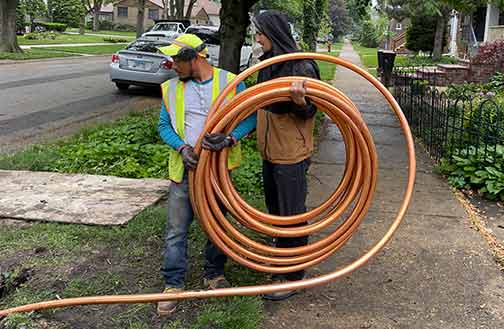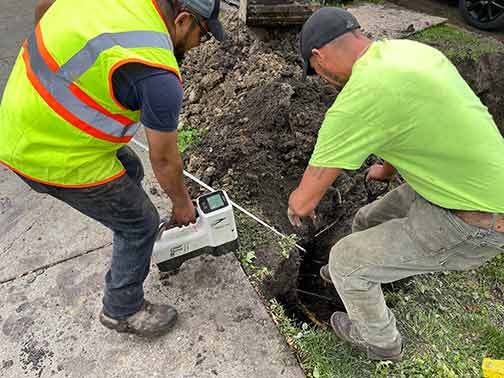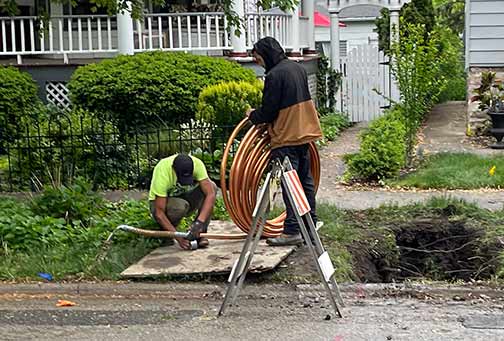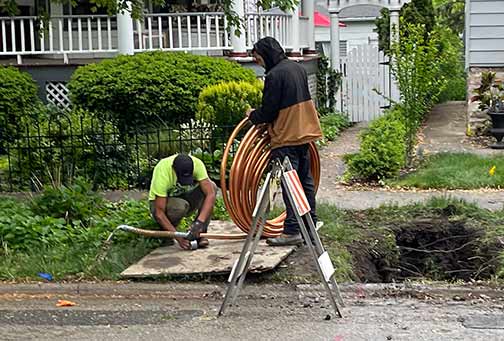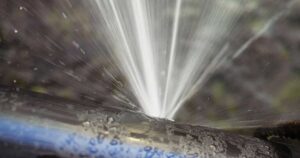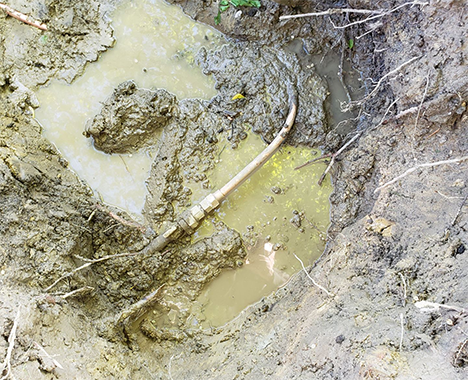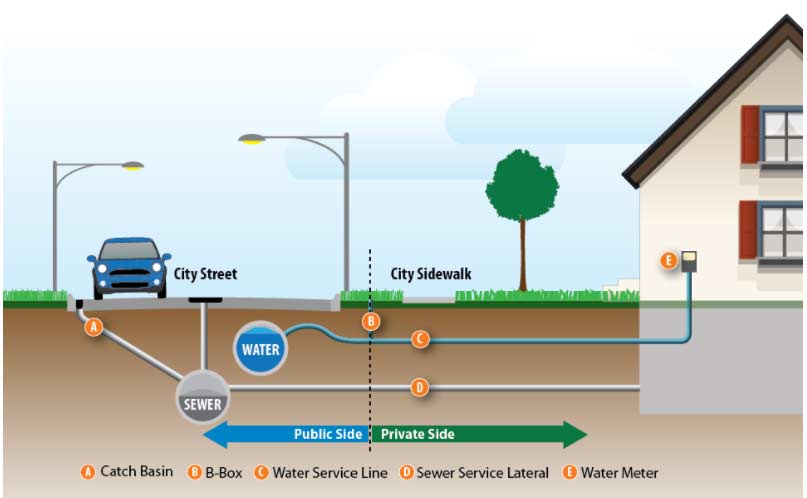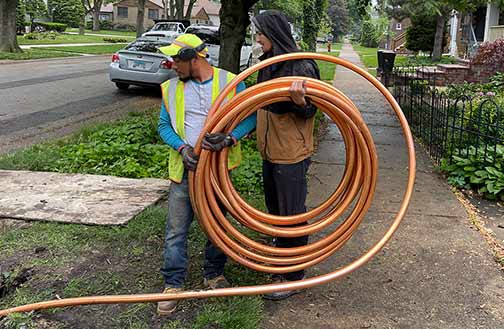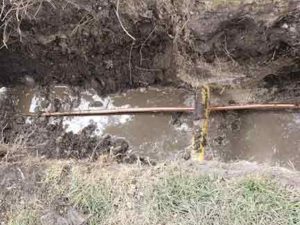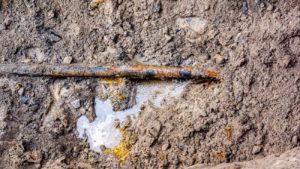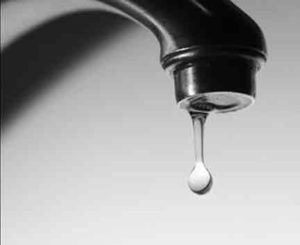As a homeowner in Chicago, it’s not uncommon to experience issues with water lines. Over time, pipes can deteriorate due to old age, corrosion, or even tree roots causing damage. When faced with the need for a main water line repair, the decision to repair versus replace can be challenging. There are pros and cons to both options, and it ultimately comes down to what is best for your situation. Here is a side-by-side comparison of repairing vs. replacing water lines in Chicago.
Repairing Water Lines
Pros
- Cost-effective – repairing a water line is generally cheaper than replacing it
- Less disruptive – repair work can be finished quickly and doesn’t require extensive digging or excavation
- Eco-friendly – repairing the existing pipes minimizes waste and is a more sustainable solution
Cons
- Temporary fix – while repairing a water line can solve the immediate problem, it may not be a long-term solution
- More vulnerable – repaired pipes can be more susceptible to future leaks or damage due to their age and wear and tear
- Not always possible – in some instances, a water line may be too damaged and require replacement rather than repair
Replacing Water Lines
Pros
- Better long-term solution – replacing water lines can provide a permanent solution to issues with deteriorating pipes
- Improved functionality – new pipes can improve water pressure and flow, making your plumbing system more efficient
- Increased home value – replacing water lines is a significant upgrade that can increase the value of your home
Cons
- Expensive – replacing water lines can be costly, and the price can vary depending on the extent of the damage and the complexity of the job
- Extensive work – replacing water lines may require excavation, which can be disruptive and time-consuming
- Not always necessary – in some cases, repair work may be sufficient and replacing water lines may not be needed
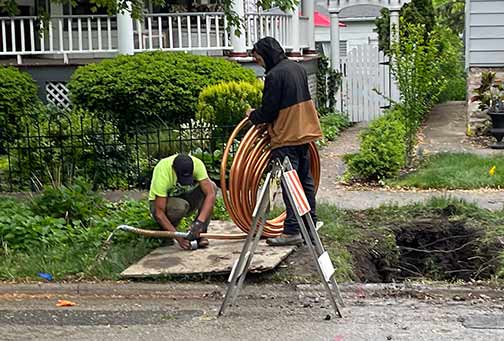
Repairing water lines can be a cost-effective and less disruptive solution, but it may not be a long term fix.
Factors to Consider
When deciding whether to repair or replace your main water line, there are several factors to consider. One important factor is the age of the pipes. If the pipes are relatively new and in good condition, repair work may be sufficient. However, if the pipes are old and corroded, replacement may be necessary. Additionally, the extent of the damage is also a key consideration. Minor leaks or cracks may be repaired, but if the pipes are severely damaged, replacement may be the only option.
Another factor to consider is the location of the pipes. If the pipes are located in a hard-to-reach or inaccessible area, repair work may be the more practical choice. However, if the pipes are in an easily accessible area, replacement may be easier to accomplish. Additionally, the cost of repair vs. replacement is another critical factor. Repair work is generally less expensive than replacement, but depending on the situation, the cost differential may be negligible.
Conclusion
In summary, whether to repair or replace water lines ultimately comes down to the individual situation and needs of the homeowner. Repairing water lines can be a cost-effective and less disruptive solution, but it may not be a long term fix. Replacing water lines can provide a permanent solution, but it can be costly and require extensive work. Homeowners should weigh the pros and cons of each option and speak with a professional plumber to determine the best course of action.
